CESA
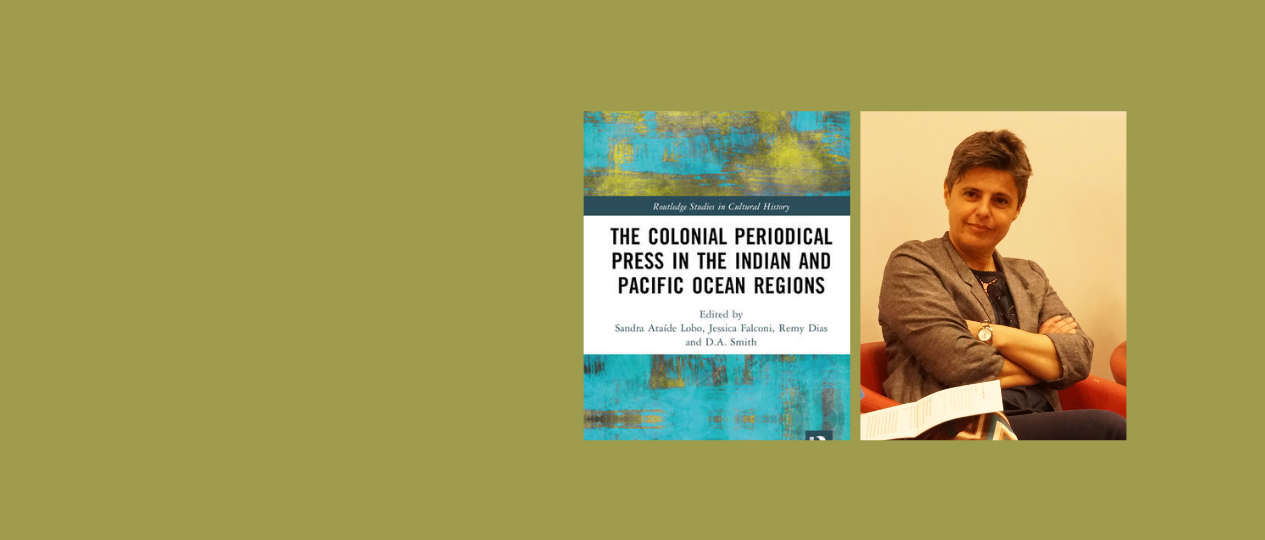
Jessica Falconi is a panelist in a webinar on the book The Colonial Periodical Press in the Indian and Pacific Ocean Regions
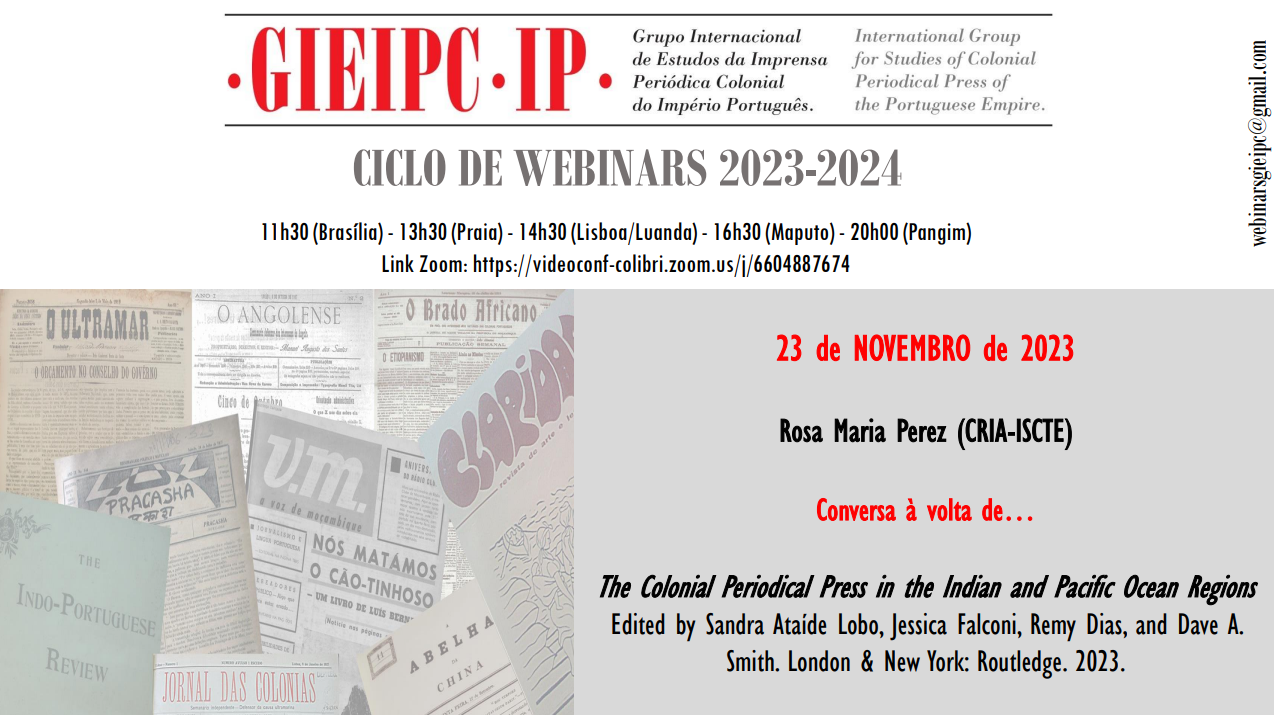
The researcher and Sub-Director of CEsA, Professor Jessica Falconi, will participate as a panelist in the 2023-2024 Webinar Cycle, on November 23rd, at 2.30 pm (UTC+0) (Zoom link: https://videoconf-colibri.zoom.us/j/6604887674#success), to talk about the book The Colonial Periodical Press in the Indian and Pacific Ocean Regions, from the Routledge Studies in Cultural History series. The book was co-edited by Jessica Falconi, Sandra Ataíde Lobo, Remy Dias, and Dave A. Smith, and published in 2023 (available here). The issue is dedicated to clarifying the crucial role of the periodical press in the advance of colonial print cultures and public debates in the Indian and Pacific Oceans.
The Webinar Cycle is held by GIEIPC-IP – International Group for Studies of Colonial Periodical Press of the Portuguese Empire.
Abstract – The Colonial Periodical Press in the Indian and Pacific Ocean Regions
The Colonial Periodical Press in the Indian and Pacific Ocean Regions is a venture of the International Group for Studies of Colonial Periodical Press of the Portuguese Empire (IGSCP-PE), which also invests in comparative studies and conceptual discussions. Moving around urban shores of the Indian and Pacific Oceans, it approaches the crucial role of periodical press in the development of colonial print cultures and public debates in these regions. By being mostly focused on press from spaces and peoples under the domain of the Portuguese Empire, it addresses a bibliographical gap in international discussions moved by the field. The outcome reflects an investment in offering decentred and de-nationalized approaches to the colonial print cultures and press histories under study, working as a platform for regional dialogues and comparative perspectives. The studies presented allow a better understanding of transits and connections of both an imperial and a trans-imperial nature, contributing to the consolidation of comparative approaches in the studies of European empires and colonialisms.
Get to know our researcher
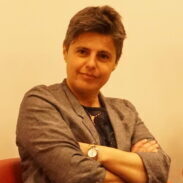 Jessica Falconi is Sub-Director of CEsA (2023-2025 Term). PhD in Iberian Studies at University of Naples “L’Orientale”. Her dissertation was about representation of national identity in mozambican poetry and was published in Italy in 2008. Between 2007 and 2013 she was lecturer at the same university in Portuguese and Brazilian Literature, and Portuguese Language and Translation. In 2017 she concluded her post-doctoral fellowship funded by FCT at the Center for African, Asian and Latin American Studies (CEsA/CSG/ISEG/ULisboa). She is Visiting Professor at Universitat Autónoma de Barcelona and coordinator of the Portuguese Language Center/IP Camões. She has published various articles in international journals and was co-editor of a book of interviews with Angolan and Mozambican writers. She is member of the team of the NILUS Project (CESA/FCT), Narratives of the Indian Ocean in the Lusophone Space.
Jessica Falconi is Sub-Director of CEsA (2023-2025 Term). PhD in Iberian Studies at University of Naples “L’Orientale”. Her dissertation was about representation of national identity in mozambican poetry and was published in Italy in 2008. Between 2007 and 2013 she was lecturer at the same university in Portuguese and Brazilian Literature, and Portuguese Language and Translation. In 2017 she concluded her post-doctoral fellowship funded by FCT at the Center for African, Asian and Latin American Studies (CEsA/CSG/ISEG/ULisboa). She is Visiting Professor at Universitat Autónoma de Barcelona and coordinator of the Portuguese Language Center/IP Camões. She has published various articles in international journals and was co-editor of a book of interviews with Angolan and Mozambican writers. She is member of the team of the NILUS Project (CESA/FCT), Narratives of the Indian Ocean in the Lusophone Space.
Read more:
Jessica Falconi is a guest editor of the “Routledge Studies in Cultural History” Series
Author: CEsA Communication (comunicacao@cesa.iseg.ulisboa.pt)
Images: Reproduction
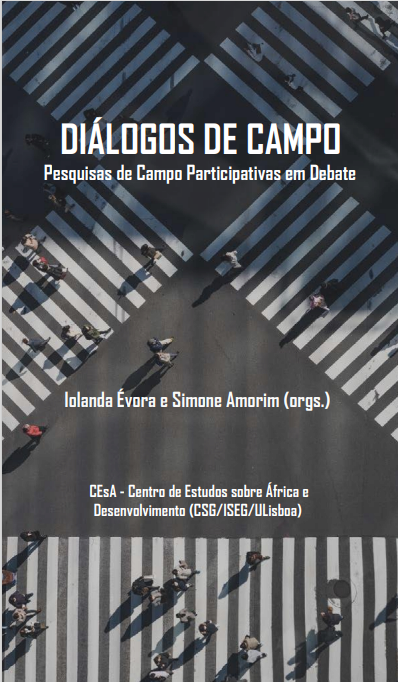
Diálogos de Campo – Pesquisas de Campo Participativas em Debate
Abstract:
This volume brings together concerns that serve as the basis for a continued debate on the mutual implications of research in the field of Social Sciences. The texts start from the common observation about the weakening of demands about “how we do it” in social research and deal with aspects related to fieldwork that are increasingly losing space in academia, essentially focused on producing results. From the fields of Social Sciences, Cinema, Literature, and Psychology, among others, the themes move between the dimensions of power hierarchies in research and the contexts that exponentiate them; the position and positionality of the researcher, and where we are placed by our interlocutors or people in the situations addressed. Specifically, they reflect on participatory methodologies and changes in knowledge production; ethnography and epistemic decolonization when the researcher does research in their life context; the interferences and determinations dictated by the field, during research; collaborative or participatory research, whether with refugee associations, in the field of artistic training or action research on bicycles and the city. Furthermore, the researcher’s subjectivity and writing regarding anti-racist cinema are addressed; as the implications of the researchers themselves in researching topics such as the impact of the pandemic on women, cultural heritage, or an object present, simultaneously, on different continents. The classic questions of the debate on methodology are present, which are, in fact, the foundations of current affairs, bringing different nuances of the contemporary debate, in social research, at a time when easier access to information reduces the distance and access of society (and the subjects of social research) to the knowledge about themselves produced in academia. This book was designed within the scope of the methodology workshops of the Afro-Port project (FCT/CEsA) and coincides with the project’s objective of contributing to a program in horizontal methodology and grounded methodology that is original, innovative and transdisciplinary, sustained by the interest in dialogue between academic and non-academic/scientific and non-scientific discourse.
Quotation:
Évora, I. e Amorim, S. (2023). “Diálogos de Campo – Pesquisas de Campo Participativas em Debate”. Lisboa, CEsA/CSG. ISBN 978-989-54687-4-4
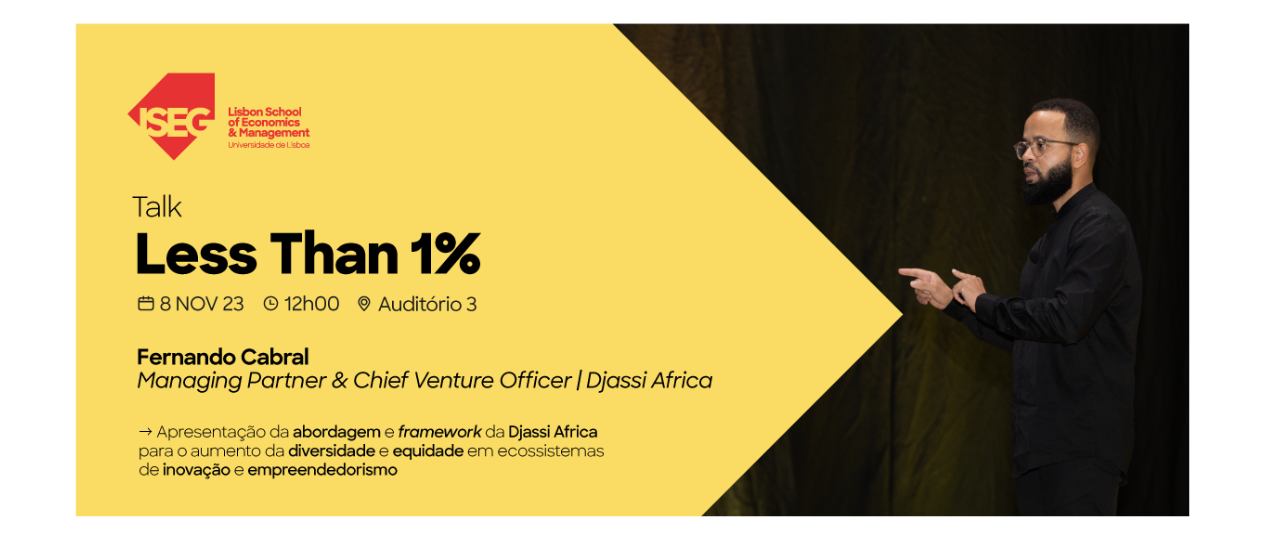
Talk | Less Than 1%
On the 8th November, with the support of CEsA – Centre for African and Development Studies, a talk , ISEG will host a talk on “Less Than 1%”, an initiative which is an integral part of the Entrepreneurship course unit.
The keynote speaker, Fernando Cabral, Managing Partner & Chief Venture Officer from Djassi Africa, will present Djassi Africa’s approach and framework for increasing diversity and equity in innovation and entrepreneurship ecosystems.
Djassi Africa operates mainly in Africa, with a special focus on the PALOP countries, and in Europe, with an agenda of diversity and equity for innovation and entrepreneurship ecosystems.
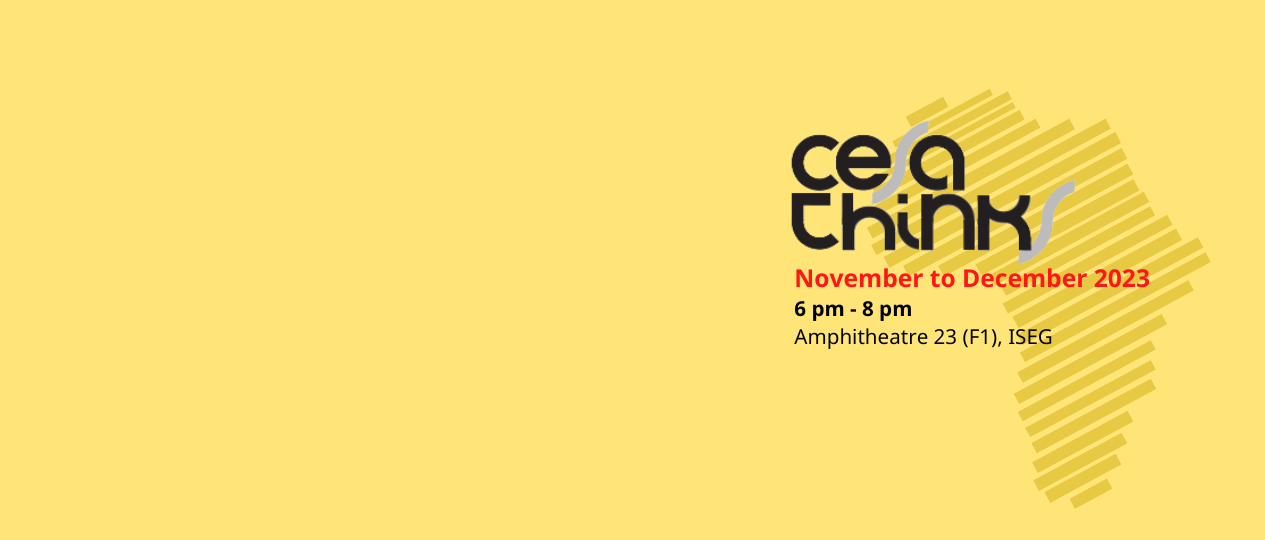
CEsA Thinks 2023 – Research Seminars | November 9 – December 7, 2023, 6pm-8pm | ISEG – Amphitheatre 23 (F1)
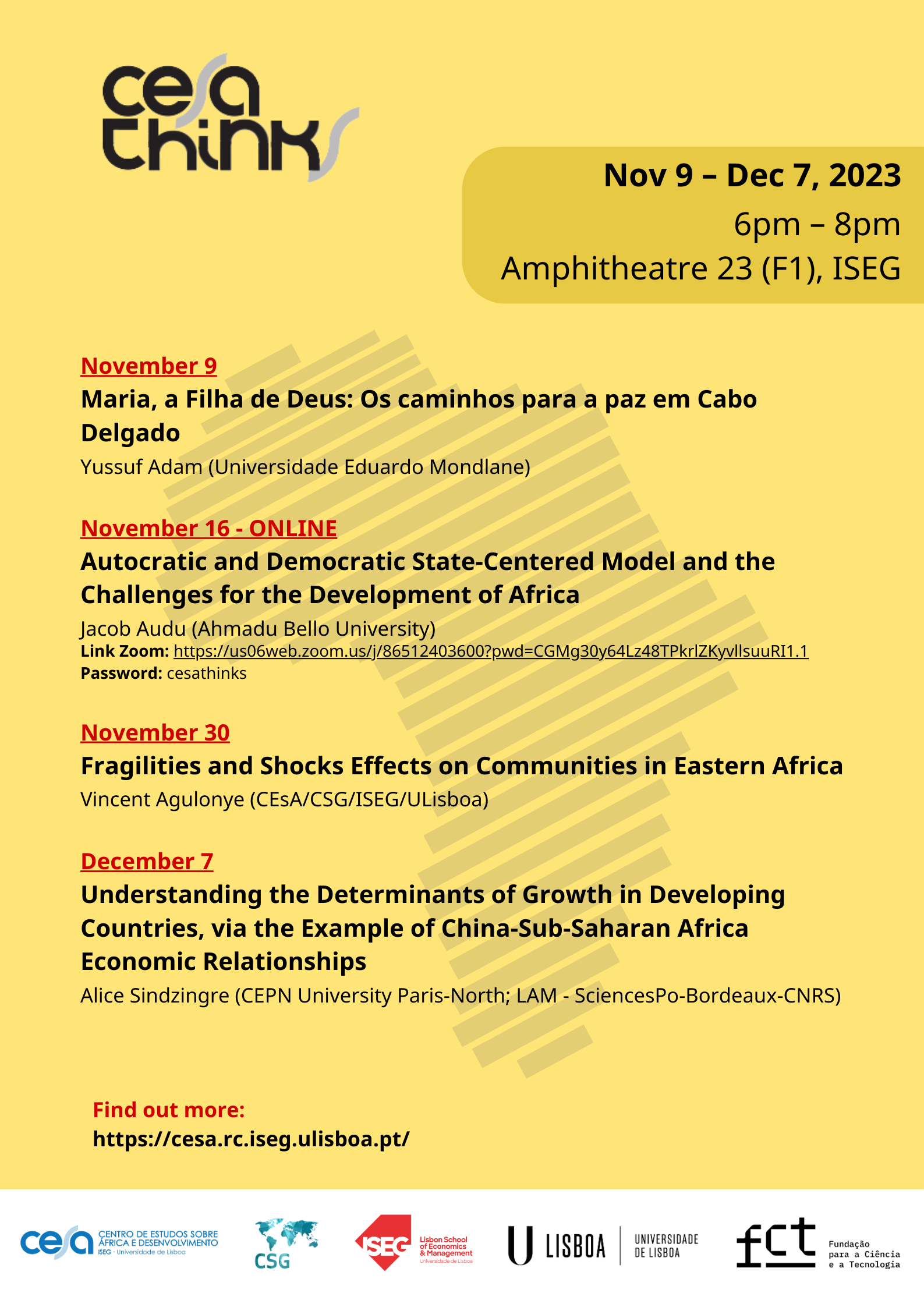
The coordinators Vincent Agulonye and Daniel Adayi, the Centre for African and Development Studies (CEsA/CSG/ISEG/ULisboa) and the ISEG – Lisbon School of Economics and Management, of the University of Lisbon (ULisboa), are pleased to invite you to the CEsA Thinks 2023 – Research Seminars. Presentations aim to promote peer discussions on current research conducted by researchers in the field of Development, with the aim of generating contributions and criticism of the works presented.
The Research Seminars Cycle will take place from November 9 to December 7, 2023, always on Thursdays*, from 6 pm to 8 pm (Lisbon time, UTC+0). The seminars will be in person** at Amphitheatre 23, Francesinhas 1 – ISEG (Rua do Quelhas 6, 1200-781 Lisbon, Portugal). Check out the full programme in the poster above.
*The only exception is on November 23, when there will be no session.
**The only exception is the session on November 16, which will be online. Zoom link: https://us06web.zoom.us/j/86512403600?pwd=CGMg30y64Lz48TPkrlZKyvllsuuRI1.1#success
CEsA Thinks 2023
Date: from November 9 to December 7, 2023, from 6 pm to 8 pm (Lisbon time, UTC+0). Always on Thursdays, with the exception of November 23rd, when there will be no session.
Venue: Amphitheatre 23, Francesinhas 1 – ISEG (Rua do Quelhas 6, 1200-781 Lisbon, Portugal)
Seminars will be in person, with the exception of November 16, when there will be no session (Zoom link: https://us06web.zoom.us/j/86512403600?pwd=CGMg30y64Lz48TPkrlZKyvllsuuRI1.1#success).
Get to know more about the sessions and its presenters
November 9 – “Maria, a Filha de Deus: Os caminhos para a paz em Cabo Delgado”
Presenter: Yussuf Adam (Eduardo Mondlane University, Maputo, Mozambique)
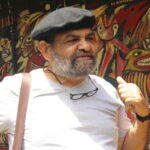
Yussuf Adam is Chief of the Department of History and Associate Professor at the Faculty of Letters and Social Sciences – Department of History at the University of Eduardo Mondlane (Maputo, Mozambique). Adam teaches the Social History of Health and Environment, and Urbanization and Rural Development in Africa. He holds a BA and a Master’s degree in History, and a PhD in Social Sciences from Roskilde University (Denmark).
November 16 – “Autocratic and Democratic State-Centered Model and the Challenges for the Development of Africa”
Presenter: Jacob Audu (Ahmadu Bello University, Zaria, Nigéria)
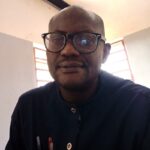
Jacob Audu is Associate Professor at the Department of Political Sciences and International Studies – Faculty of Social Sciences at the Ahmadu Bello University (Zaria, Nigeria). Audu holds a PhD in Philosophy and is a researcher and consultant in security, governance and democracy.
November 30 – “Fragilities and Shocks Effects on Communities in Eastern Africa”
Presenter: Vincent Agulonye (CSG/ISEG/ULisboa)
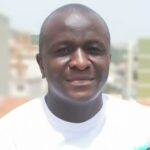
Vincent Agulonye is a CEsA researcher (CSG/ISEG/ULisboa). He holds a PhD in Development Studies from ISEG, University of Lisbon. At the moment, he is involved in studying development trends in Nigeria’s private sector (especially in the manufacturing industry) in Anambra.
December 7 – “Understanding the Determinants of Growth in Developing Countries: The example of China-Sub-Saharan Africa economic relationships”
Presenter: Alice Sindzingre/CEsA/CSG/ISEG/ULisboa
Abstract: The economic relationship between Sub-Saharan Africa and China intensified from the 2000s onwards. A key debate is as to whether these relationships have contributed to the economic growth of African economies – a debate that also has political economy implications in view of the criticisms of China’s presence in Africa. The determinants of growth highlighted by economic theory usually refer to physical capital (investment), human capital, innovation (including industrialisation), economic policies (e.g., trade openness), and institutions. Interestingly, the empirical impacts of China-Africa economic relationships may not fully illustrate the theoretical findings of the growth literature. It is argued that China’s economic relationships – trade, investment – have been drivers of growth in Sub-Saharan Africa, but that China’s impact on African growth has been limited by the specific modalities of these relationships: e.g., the economic weight of China makes it a player with which African countries cannot compete, notably for their own industrialisation that is threatened by Chinese industrial products; a substantial part of these relationships relies on primary commodities with low value added and hence wealth creation; and the contribution of China to the consolidation of African institutions remains limited, though economic theory views institutions as core determinants of growth. A subsequent argument is that China may not differ from Africa’s previous economic partners, e.g., Western countries, which have also exhibited mixed contributions to Africa’s growth.

Alice Sindzingre is a Research Associate at the CEPN (Paris-North Economics Centre, University Paris-North, France), at the LAM Research Centre (‘Africas in the World’, National Centre for Scientific Research/CNRS-SciencesPo-Bordeaux, France) and at the Centre for African and Development Studies (CEsA, ISEG, University of Lisbon, Portugal). She has been a member of the Core Team of the World Bank World Development Report 2000-1 on poverty. She has conducted research on development economics and political economy with a focus on Sub-Saharan Africa and has published articles in academic journals and books on a large range of topics, including international trade, foreign aid, China-Africa relationships, the theory of institutions, and the epistemology of economics.
Read more:
CEsA Presents: CEsA Thinks 2022/2023 – Seminars | October 13th, 2022 to February 8th, 2023\
Watch all sessions of CEsA Thinks Seminars
Author: CEsA Communication (comunicacao@cesa.iseg.ulisboa.pt)
Image: CEsA/Reproduction
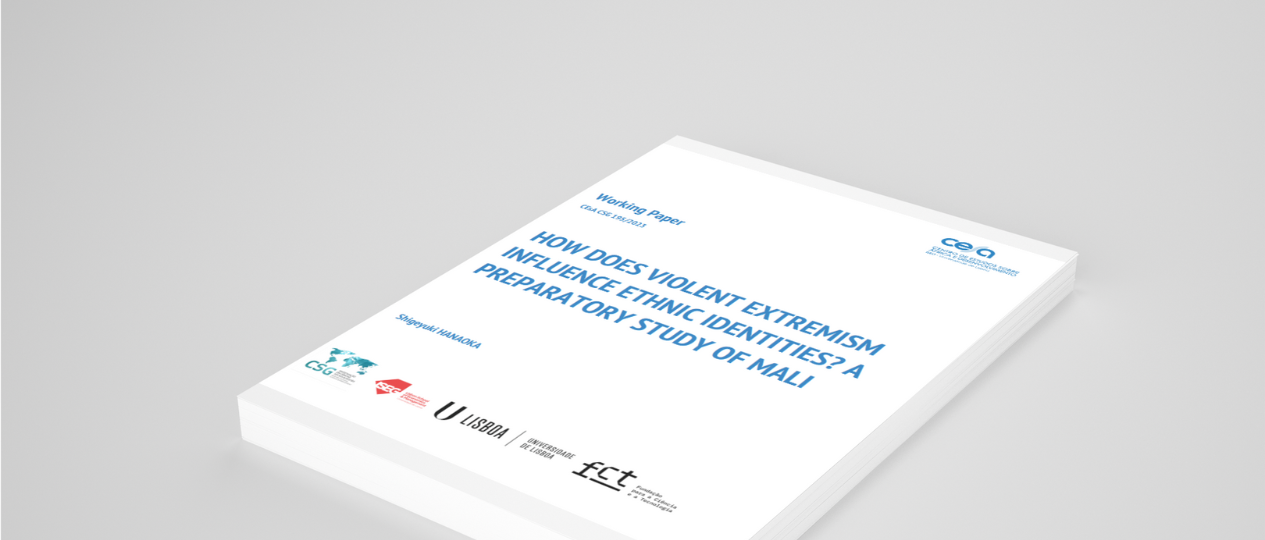
Working Paper CEsA 195/2023 studies how violent extremism affects the ethnic identity of people in Mali
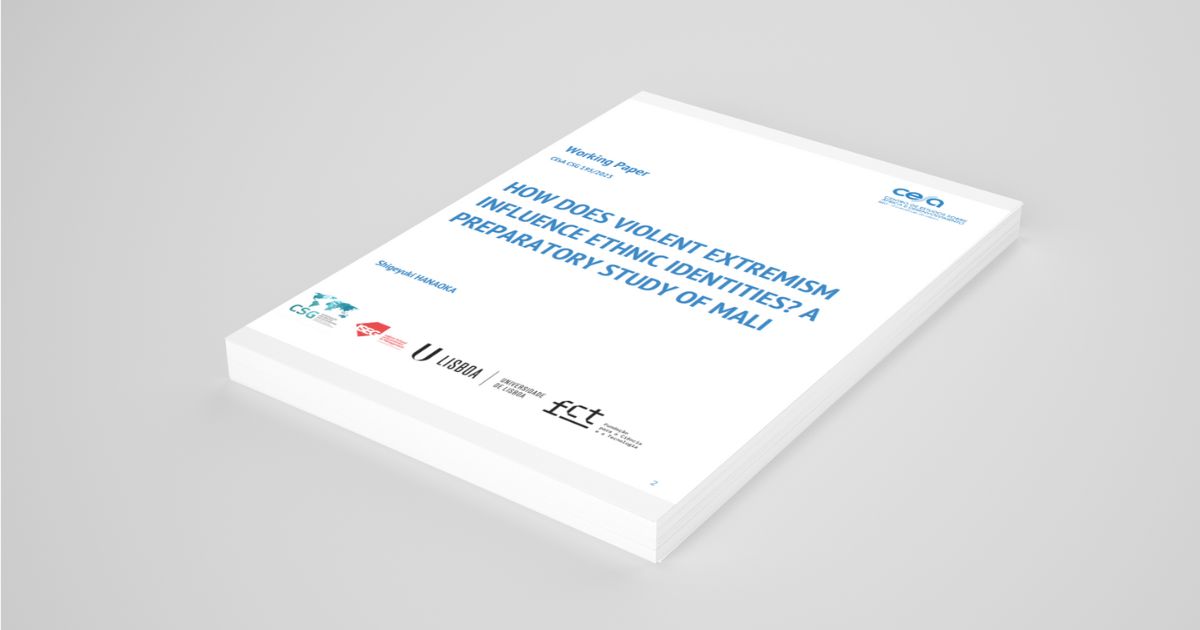
CEsA published its eighth Working Paper in 2023: “How Does Violent Extremism Influence Ethnic Identities? A Preparatory Study Of Mali”, in English, authored by Shigeyuki Hanaoka, CEsA Research Fellow.
Click here to access the Working Paper no. 195/2023: https://www.repository.utl.pt/handle/10400.5/29112
Abstract:
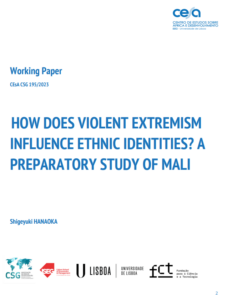 How does violent extremism (VE) impact individuals’ ethnic identities? While there is a broad body of research on VE, which has seen significant growth in Africa in recent years, including assessments of its origins, the coalescence of various movements, and military operations against VE, research on its impact on ethnic identity and its associated political behaviours remains limited. This work serves as a preparatory study to examine how people’s perceptions, and political behaviours related to ethnic identity have evolved during the period of VE’s substantial expansion in Mali in recent years.
How does violent extremism (VE) impact individuals’ ethnic identities? While there is a broad body of research on VE, which has seen significant growth in Africa in recent years, including assessments of its origins, the coalescence of various movements, and military operations against VE, research on its impact on ethnic identity and its associated political behaviours remains limited. This work serves as a preparatory study to examine how people’s perceptions, and political behaviours related to ethnic identity have evolved during the period of VE’s substantial expansion in Mali in recent years.
Get to know the previous editions, published in 2023:
Working Paper 189/2023: Fragilities and shocks effects on households and communities in West Africa
Author: CEsA Communications (comunicacao@cesa.iseg.ulisboa.pt)
Images: CEsA/Reproduction
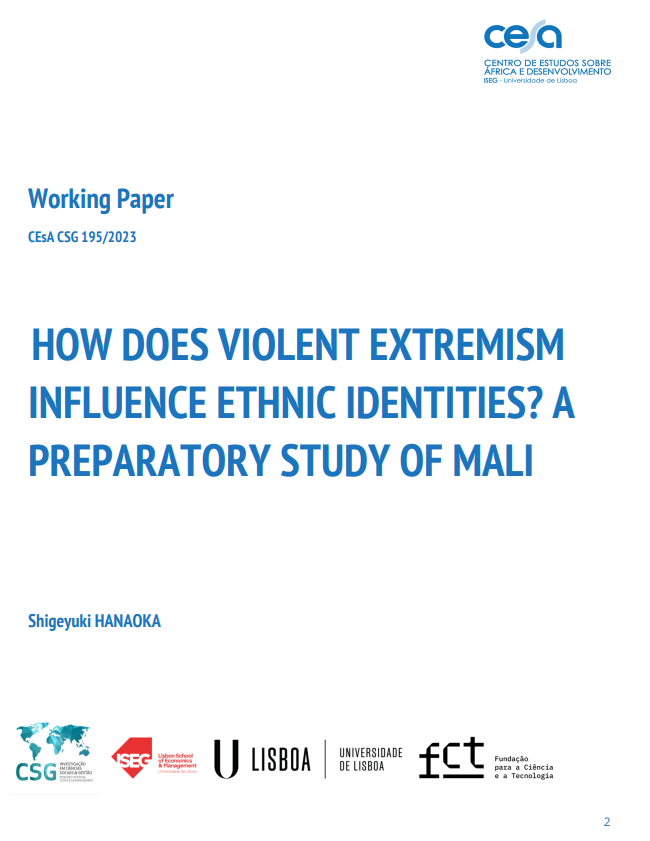
Working Paper 195/2023: How Does Violent Extremism Influence Ethnic Identities? A Preparatory Study Of Mali
Abstract:
How does violent extremism (VE) impact individuals’ ethnic identities? While there is a broad body of research on VE, which has seen significant growth in Africa in recent years, including assessments of its origins, the coalescence of various movements, and military operations against VE, research on its impact on ethnic identity and its associated political behaviours remains limited. This work serves as a preparatory study to examine how people’s perceptions, and political behaviours related to ethnic identity have evolved during the period of VE’s substantial expansion in Mali in recent years.
Quotation:
Hanaoka, Shigeyuki (2023). “How Does Violent Extremism Influence Ethnic Identities? A Preparatory Study Of Mali”. CEsA/CGS – Documentos de trabalho nº 195/2023
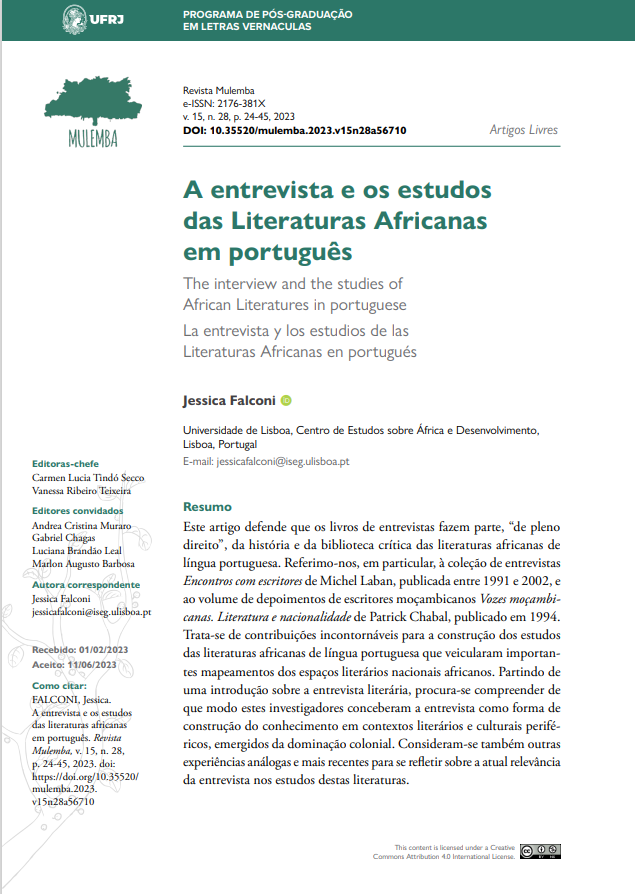
A Entrevista e os Estudos das Literaturas Africanas em Português
Abstract:
This article argues that interview books are a “full right” part of the history and critical library of Portuguese-language African literature. We refer, in particular, to the collection of interviews “Encontros com Escritores” by Michel Laban, published between 1991 and 2002, and the volume of testimonies by Mozambican writers “Vozes Mozambicanas. Literature and nationality by Patrick Chabal”, published in 1994. These are unavoidable contributions to the construction of studies of Portuguese-language African literatures that conveyed important mappings of African national literary spaces. Starting from an introduction to the literary interview, we seek to understand how these researchers conceived the interview as a way of building knowledge in peripheral literary and cultural contexts, emerging from colonial domination. Other similar and more recent experiences are also considered to reflect on the current relevance of interviews in studies of these literatures.
Quotation:
FALCONI, J. A entrevista e os estudos das literaturas africanas em português. Revista Mulemba, v. 15, n. 28, p. 24-45, 2023. doi: https://doi.org/10.35520/mulemba.2023.v15n28a56710
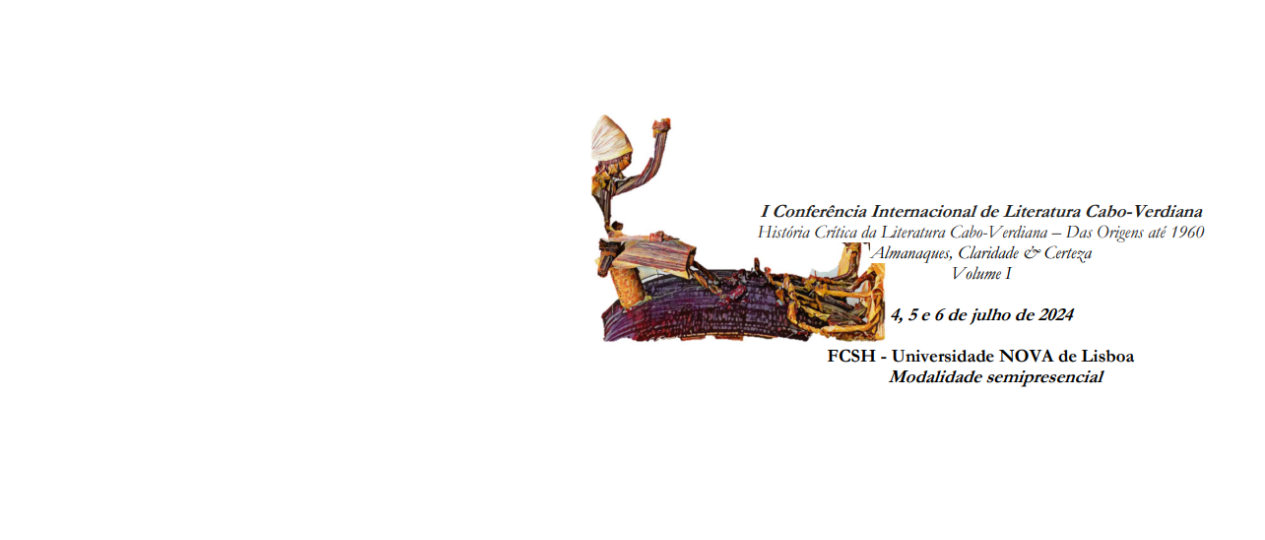
CEsA researchers Ana Mafalda Leite, Jessica Falconi and Doris Wieser are members of the Scientific Committee of the 1st International Conference on Cape Verdean Literature, taking place in Lisbon in 2024
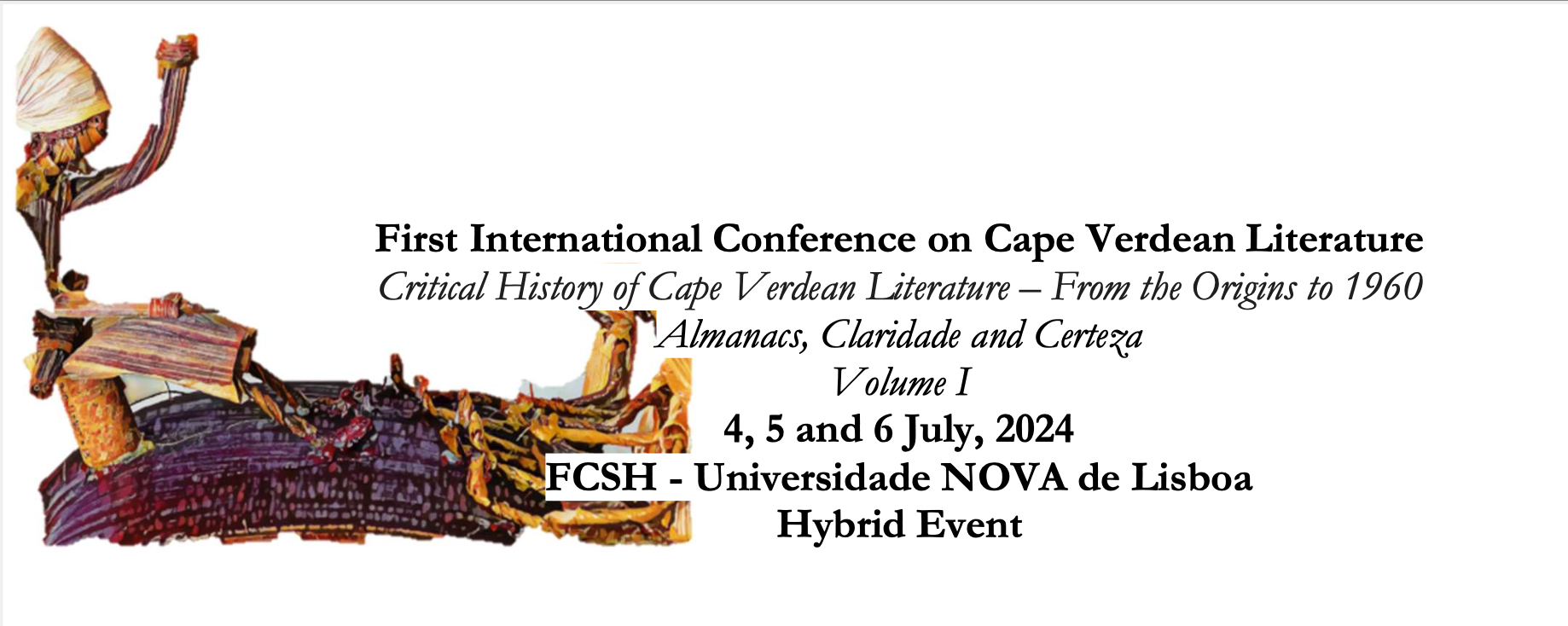
Get to know our researchers:
 Ana Mafalda Leite
Ana Mafalda Leite
Ana Mafalda Leite is the First Secretary of the CEsA General Assembly Board. Poet and essayist. Associate Professor with Aggregation at the Faculty of Arts of the University of Lisbon (FLUL-UL) with a Ph.D. in Portuguese Literature/African Literature in Portuguese (1989) and a Master’s degree in Brazilian and African Literature. She began her degree in Romance Philology at Eduardo Mondlane University and completed at FLUL in 1978. Since 2005, she has been an integrated research member of CEsA/CSG/ISEG/ULisboa. In her research activity within the framework of CESA, she directed three projects funded by the FCT on African Literature, Post-colonial and Cultural Studies, and Indian Ocean Studies (2008-2011; 2013-2015; 2016-2020), which resulted in several publications. She has contributed with her work to a critical dissemination of Portuguese-speaking African literature and developed activities as a researcher and visiting professor at several African, Brazilian, American, and European universities. Member of the Editorial and Scientific Board of several African studies journals. Member of the Mozambican Writers Association (AEMO) and Honorary Member of the Angolan Academy of Letters (AAL). His current research focus on Comparative African Literature, Environmental Humanities, World Literature, and Indian Ocean Studies.
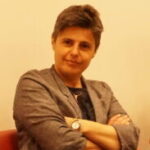 Jessica Falconi
Jessica Falconi
Jessica Falconi is Sub-Director of CEsA (2023-2025 Term). PhD in Iberian Studies at University of Naples “L’Orientale”. Her dissertation was about representation of national identity in mozambican poetry and was published in Italy in 2008. Between 2007 and 2013 she was lecturer at the same university in Portuguese and Brazilian Literature, and Portuguese Language and Translation. In 2017 she concluded her post-doctoral fellowship funded by FCT at the Center for African, Asian and Latin American Studies (CEsA/CSG/ISEG/ULisboa). She is Visiting Professor at Universitat Autónoma de Barcelona and coordinator of the Portuguese Language Center/IP Camões. She has published various articles in international journals and was co-editor of a book of interviews with Angolan and Mozambican writers. She is member of the team of the NILUS Project (CESA/FCT), Narratives of the Indian Ocean in the Lusophone Space.
Read more:
Jessica Falconi is a guest editor of the “Routledge Studies in Cultural History” Series
Author: CEsA Communication (comunicacao@cesa.iseg.ulisboa.pt)
Images: Reproduction
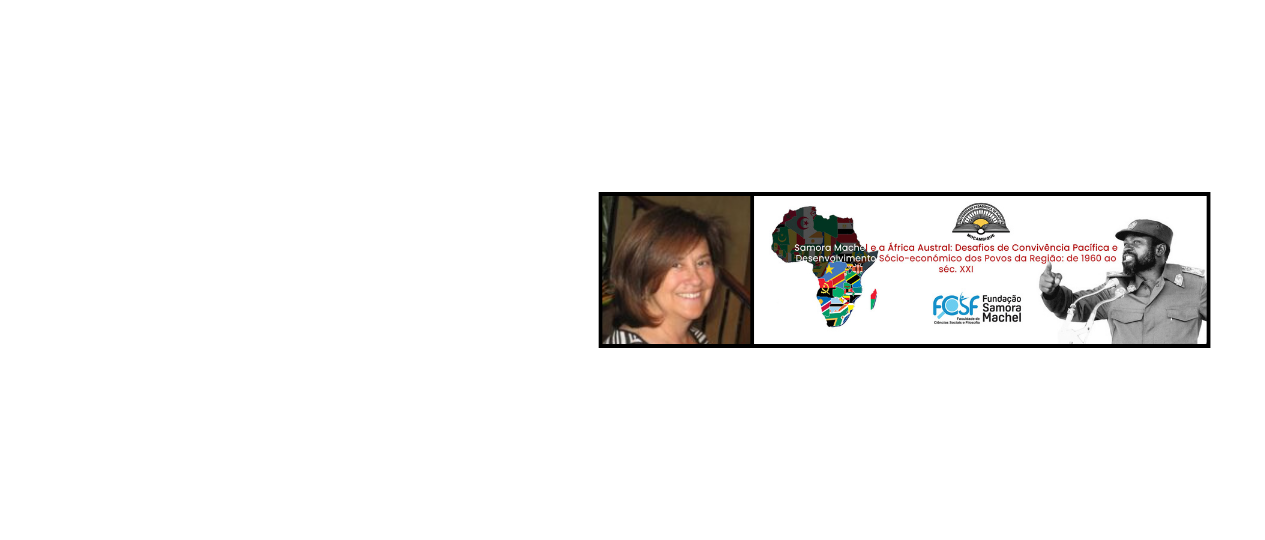
CEsA researcher Olga Iglésias presents an article on Samora Machel’s legacy at an International Conference in Mozambique
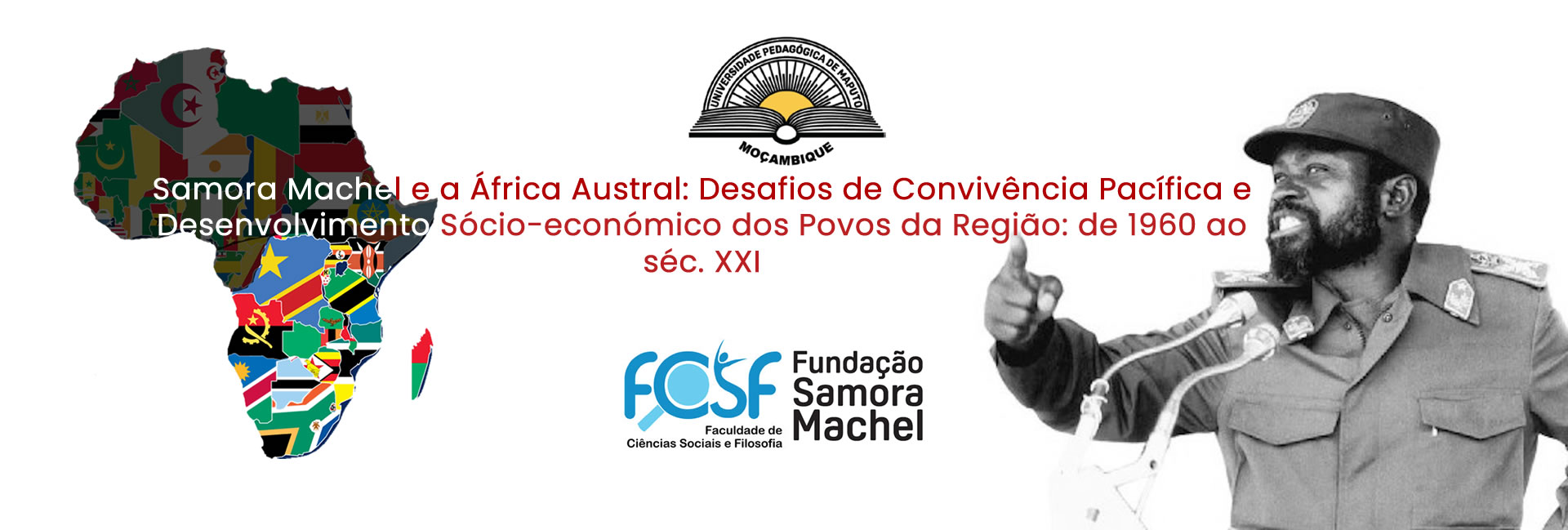
CEsA researcher Olga Iglésias (CEsA/CSG/ISEG/ULisboa) will present the article “O Legado Samoriano para uma nova Linha da Frente” (Samora Machel’s Legacy for a new Front Line, in English) between November 1st and 3rd, 2023 at the Conferência Internacional Samora Machel e a África Austral: Desafios de Convivência Pacífica e Desenvolvimento Sócio-económico dos Povos da Região: de 1960 ao séc. XXI (International Conference Samora Machel and Southern Africa: Challenges of peaceful coexistence and socio-economic development of the peoples of the region: from 1960 to the 21st century, in English), at Universidade Pedagógica in Maputo, Mozambique.
More information can be checked out on the Conference website: http://www.upmanica.up.ac.mz/component/content/article/94-noticias/300-conferencia-internacional-samora-machel-e-a-africa-austral?Itemid=437
About our researcher
 PhD in Economic and Social History (2009) and Post Doctorate (2016), having investigated the associative movement in Mozambique (1908-1974), she has presented the results of her research in national and international conferences and journals. Associated to CEsA/CSG/ISEG/UL (2009) and CTROP (2021), she is part of the IHC/FCSH/UNL (2013) as Integrated Researcher. She supervises Master’s and PhD thesis and is part of networks of researchers, such as the Iberian Network of African Studies.
PhD in Economic and Social History (2009) and Post Doctorate (2016), having investigated the associative movement in Mozambique (1908-1974), she has presented the results of her research in national and international conferences and journals. Associated to CEsA/CSG/ISEG/UL (2009) and CTROP (2021), she is part of the IHC/FCSH/UNL (2013) as Integrated Researcher. She supervises Master’s and PhD thesis and is part of networks of researchers, such as the Iberian Network of African Studies.
More information on Olga Iglésias research profile: https://cesa.rc.iseg.ulisboa.pt/investigacao/investigadores/oiglesias/
Author: CEsA Communication Team (comunicacao@cesa.iseg.ulisboa.pt)
Image: WINIR/Reproduction
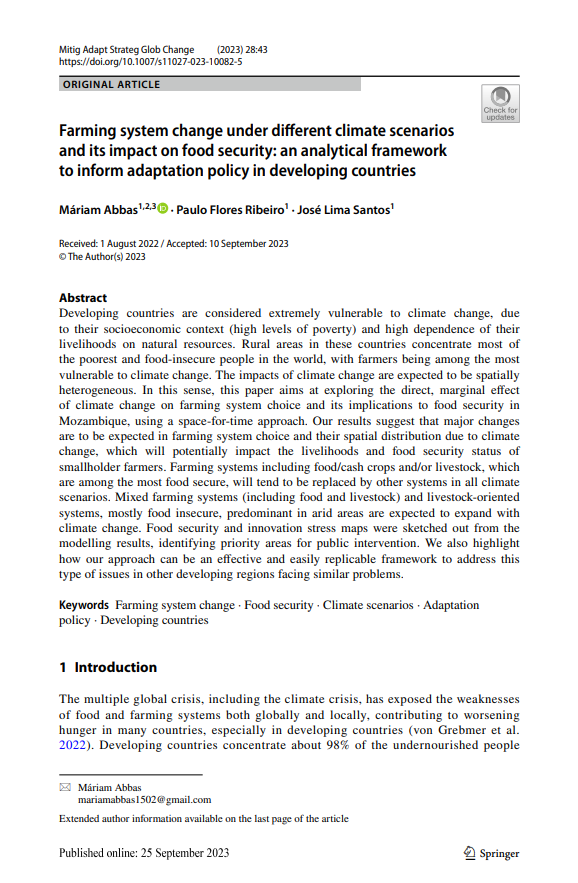
Farming System Change Under Different Climate Scenarios and its Impact on Food Security: an analytical framework to inform adaptation policy in developing countries
Abstract:
Developing countries are considered extremely vulnerable to climate change, due to their socioeconomic context (high levels of poverty) and high dependence of their livelihoods on natural resources. Rural areas in these countries concentrate most of the poorest and food-insecure people in the world, with farmers being among the most vulnerable to climate change. The impacts of climate change are expected to be spatially heterogeneous. In this sense, this paper aims at exploring the direct, marginal effect of climate change on farming system choice and its implications to food security in Mozambique, using a space-for-time approach. Our results suggest that major changes are to be expected in farming system choice and their spatial distribution due to climate change, which will potentially impact the livelihoods and food security status of smallholder farmers. Farming systems including food/cash crops and/or livestock, which are among the most food secure, will tend to be replaced by other systems in all climate scenarios. Mixed farming systems (including food and livestock) and livestock-oriented systems, mostly food insecure, predominant in arid areas are expected to expand with climate change. Food security and innovation stress maps were sketched out from the modelling results, identifying priority areas for public intervention. We also highlight how our approach can be an effective and easily replicable framework to address this type of issues in other developing regions facing similar problems.
Quotation:
Abbas, M., Ribeiro, P.F. & Santos, J.L. Farming System Change Under Different Climate Scenarios and its Impact on Food Security: an analytical framework to inform adaptation policy in developing countries. Mitig Adapt Strateg Glob Change 28, 43 (2023). https://doi.org/10.1007/s11027-023-10082-5





